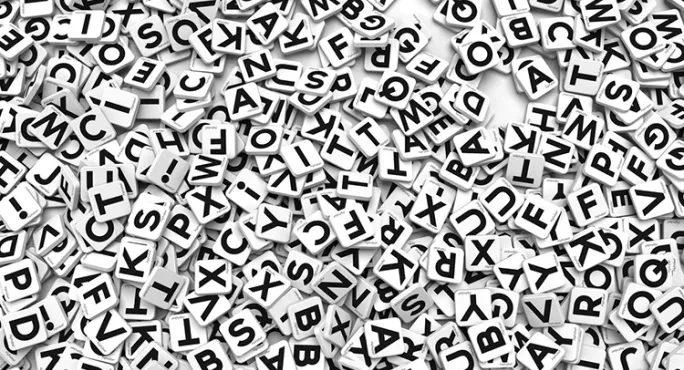- Home
- ‘I feel such humiliation as a dyslexic teacher’
‘I feel such humiliation as a dyslexic teacher’

I’m a teacher. And I’m also dyslexic.
Normally, when people find this out about me, they automatically believe that I must, therefore, be a pretty rubbish teacher. The first thoughts are ones of failure, illiteracy and delayed understanding of pretty much everything. The word itself has a general stink of inadequacy.
The main problem is that the term “dyslexia” is catch-all. Its definition and experiences can be wildly different from one person’s to the next. I, as a dyslexic, have no more of an understanding of someone’s particular problems than you do.
Education constantly looks to improve and analyse what can we do to “facilitate progress” for each of our students. You’d think, therefore, I would be well-placed to receive support and understanding in terms of my various thought processes. Support is hard to come by as there isn’t CPD for supporting a colleague, and the various “tips” they have for students don’t always translate. There is no differentiation of work, help with reports or flexibility to give extra time. Dyslexic teachers must be savvy about the way they work and often have to work smarter than their peers.
We find easier and quicker ways to do things - this isn’t lazy but smart, especially in the workload crisis we find ourselves in.
I constantly have to remind myself that I’m not a failure, I’m not illiterate and that I can understand most things. Sometimes it will be too much and we are afraid to speak up for fear of feeling like we are playing the “dyslexic card”.
The struggles of teachers with dyslexia
Generally, teachers tend to be the kids who liked school, who enjoyed lessons and academia. Mostly, they were in the top sets (where dyslexics apparently weren’t), liked doing well and fitted within the rigid systems of schooling.
This leads to passionate educators who want to pass on their knowledge of the world. This is brilliant but leaves a gap in their understanding of why some children get frustrated with lessons/activities/testing. They see it as a wasted opportunity rather than a struggle to convey.
When recently looking for a job, I came across a tick box for “disabled”. I spent a long time pondering over whether to tick it or not. Would it be good to let them know? It could *even* be seen it as a benefit when looking to teach a range of children and their needs. Or would it be something that would (subconsciously) rule me out?
I didn’t tick it. I was then asked to write an essay in the interview…without a computer. I was awful. I was embarrassed to the point I pulled the interviewer aside to tell her as much. Apparently, it didn’t matter, which begs the question: why are teaching interviews full days of seemly pointless activities? But that’s a rant for another time.
Dyslexic teachers shouldn’t feel ashamed of the term. Instead, we should use it as a label to inform others about why we need to read over notes before submitting them, why we don’t love reading aloud and why we’re not the person to ask if a word is spelled with one S or two.
Teachers are well versed in the features of dyslexia, but it’s just not the same as actually experiencing it. A colleague recently likened it to being left-handed. This shows *some* understanding of what it’s like to be dyslexic. We live in a right-handed world. We live in a non-dyslexic world of words.
Left-handed people have to struggle with implements that are seemingly designed to work against them. We have to deal with communication that seems to work against us.
Try to cut with left-handed scissors and see the frustration we feel. Do it when trying to impress in a job interview. Do it in front of your children, while they cut with ease. Do it on your own.
Try it all day, every day.
This will give you some idea of the humiliation we feel. Being dyslexic shouldn’t define a teacher. But it should be something that shapes them and their approach.
We, unfortunately, don’t have left-handed scissors to solve our woes. If only.
Katharine Pringle is a RE secondary teacher in the North East
Keep reading for just £1 per month
You've reached your limit of free articles this month. Subscribe for £1 per month for three months and get:
- Unlimited access to all Tes magazine content
- Exclusive subscriber-only stories
- Award-winning email newsletters